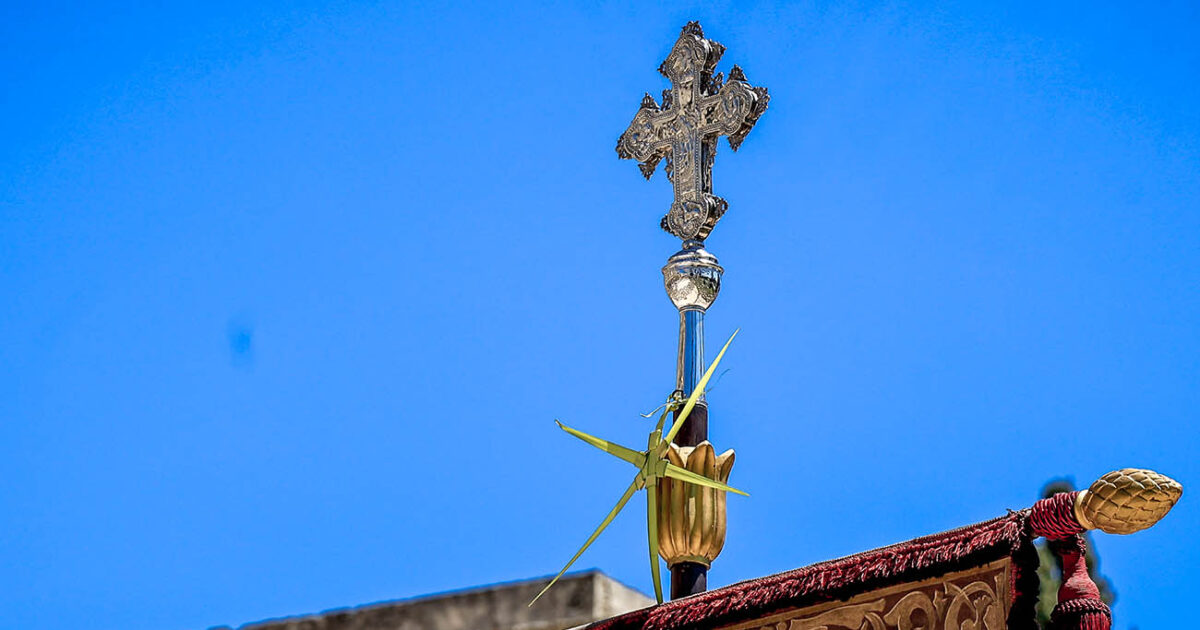On Sunday, April 13, Palm Sundayor Lazarus Sunday, the Great Week officially begins.
On the Sunday of the Holy Sepulcher, Jesus’ festive entrance to Jerusalem, where, according to the Gospels, the Jews welcomed him by holding Vagia (palm branches) and spreading their clothes on the ground they chewed on “Osanna, blessed”. Because of the importance of the holiday, we eat fish.
The Sunday of the Saints is one of the few exceptions during the Great Forty, during which the consumption of fish is allowed, although the period is strictly fasting.
The fish symbolizes the joy and blessing of this day, but without reaching the magnificence of the meat, which remains forbidden. It is a kind of “light” celebration in the rigor of Lent.
“Vaya, vagi of the carpets, eat fish and colio, and until the other Sunday with the red egg!”, As a children’s song says. Regarding the fasting of this day there is a differentiation in whether or not one can eat fish.
The opinion of Theodore of Studite is that on Sunday of the Saints “a fish is eaten” because it is considered a dominant holiday.
For Saint Nicodemus of Mount Athos, only one day of the Great Lent is eaten fish on the day of the Annunciation.
It is typical of the post -apostasy orders when they say: “After them (that is, the Christmas and Epiphany holidays), to keep the fasting of the forty, which includes a memory of the life of the Lord and the legislation. Keep this fast before Easter, starting on Monday and filling in Friday.
After that, after stopping fasting, starting the Holy Week of Easter, fasting in it all with fear … “.
The terms “after you stop fasting” and “start” are indicative, which show that one fasting is over and another begins.
What ends is the fasting of the Great Lent and what begins is the fasting of the Great Week.
During the early centuries of Christianity, the Sunday of the Saints was celebrated with the Resurrection of Lazarus. Later the second was postponed a day before, the so -called Lazarus Saturday.
Both for the Orthodox and the Catholic Church, the Sunday of the Holy Septees the beginning of the Holy Passion.
Despite its joyous character, initially the abolition of fish, oil and wine on this day were considered incompatible with the sacredness of the Great Week and the fasting, adapting it accordingly.
